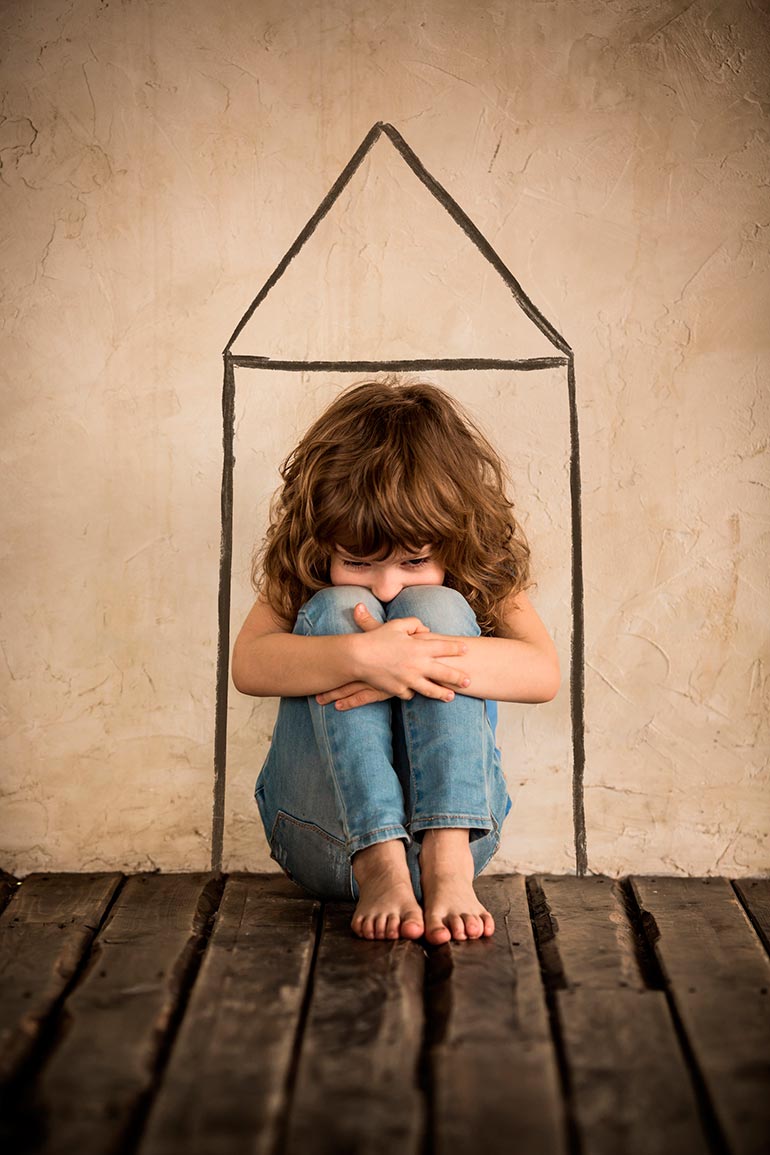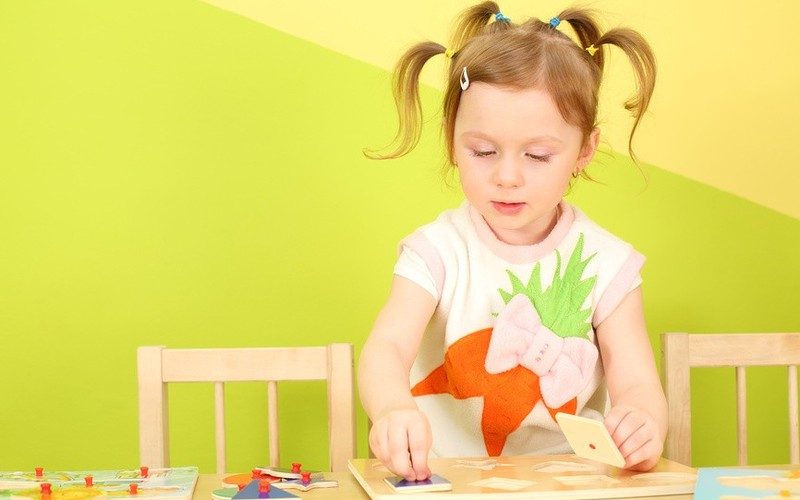There are children who are open, sociable, talkative, and there are those who shy away, avoid contact with other children. If your baby belongs to the second category and, having come to the playground, is standing aside, or is hiding at all and does not want to participate in common fun, then you should understand this issue and help the child socialize.
The child’s desire for loneliness often causes anxious thoughts among parents, they begin to suffer from questions: “What are we doing wrong?”, “What is the psychological problem?”.
Psychologists unanimously argue that for an age category of 2-3 years, a state of estrangement from peers can be commonplace. During this period, the closest friends of the baby are parents and immediate relatives. At home, he has everything necessary for the development of personality and the needs for communication and games are satisfied. Therefore, non-communication with peers is fully justified.
The very first experience of communicating with people provides the basis for further relationships in society. For a child it is important not only to be able to speak, but also to express their emotions: screaming, laughing, getting angry, seeing the reaction of others. The behavior of children is difficult to predict, and this allows the child to look for solutions, approaches in communication. It is in the relationship with peers that the baby learns to look for a way out of conflict, defend itself, and reconcile.
By the age of 4-5 years, children begin to be actively interested in others, get involved in common games, communicate and get to know each other. If by this age your child remains alone, it is worth identifying the causes of this behavior.
Character.
A child can be closed and shy by nature. Such babies are hiding behind their mother, shyly greeted, do not even like to talk in public. It is difficult to deceive nature, but openness and courage can be instilled.
Not the ability to communicate and express emotions.
The child could simply not be taught to communicate. If it is not customary in the family to share opinions and experiences, and the parents are introverts themselves, then it is difficult to expect other behavior from the child. Therefore, it is so important to find time for conversations and active games with the baby.
Manifestation of leadership.
A kid may simply not want to obey the general rules of the game, be on the sidelines among peers, adapt to the majority. Nevertheless, even in the younger groups of the kindergarten, several leaders are already standing out who set the rules of behavior and games.
Experience.
The baby can accumulate negative experience with peers. They could offend him, hit him. Perhaps he was in the company of children of very different ages, so he either did not understand their games and conversations, or he missed communicating with younger children.
Limitations
The child could be deliberately limited in communication with children.“He’ll only bring disease from the kindergarten, let him sit at home”, “What kind of children are in the house, and so his head breaks up”, “After the children have so much cleaning” - such arguments are found by the parents and, without suspecting it, they raise the savage. The kid, meanwhile, delves into himself or spends time on the TV and other gadgets, and this does not contribute to socialization.
If you have decided on the reason for the alienation of your child, proceed to action.
[sc name = ”rsa”]
Your child is shy - correct this character trait: more often praise for the results and help, encourage individuality. Do not get tired of repeating how wonderful, intelligent, capable and beloved he is. Support works wonders.
Let your house be open to guests, invite your child's friends, organize celebrations, holidays and theme parties yourself. Talk more and be interested in the baby’s affairs, because even minor trifles for him can be very important. No child’s problem can become rubbish for you, what is important to him should be important for you.
Try to record a child in a circle, section, group classes. Teach your kid to communicate, play the rules of dating, politeness. Participate in collective games yourself, be their organizer.
If the child does not yet go to the garden, more often visit places where children walk and play; in the cold season, go to entertainment centers. Pay attention to the development of your child, whether the children's company is suitable for him, because even among peers children who are more developed than others can stand out. Such kids are just not interested in others.
It is important for parents to learn that communicating only with them is not enough for a small person. In order to ensure the child's normal psychological development, it is important to help him in building relationships with peers. While the child is still small, it is much easier to do, because he has not yet fully formed the idea of proper communication.
If a child is alienated from childhood from others, then, as an adult, he may experience problems in the family, at work, fall into depressive states, and earn psychological complexes.
Kids are especially sensitive to everything new, they are clean and open, they are able to absorb information very actively, therefore it is not difficult to influence a young child.
Help your children, solve problems together, because you are the closest people!
We also read:
- If the child is not friends with anyone: the fight against child loneliness
- Bad advice: how to raise a child insecure
- How to develop a healthy self-esteem in a child?
What to do if a child 3-5 years old does not get along with others?











I myself was such a child at one time. Partly these were character traits, partly the fact that I did not go to kindergarten. It passed only at the age of 18-20 years.I believe that each such child has it individually, as well as methods of influencing such a character and approach to everyone is different.
My son Anton, aged 4-5, was also very difficult to meet with his peers, he preferred to play alone - cars, cubes. Solitary in the room and plays slowly. My wife and I drew attention to this and began to invite our friends and young children of about the age of Anton to visit. While the adults talked, the children also found a common language behind the games, they shared common interests. I consider this method effective in order to raise an outgoing child from a “savage”.